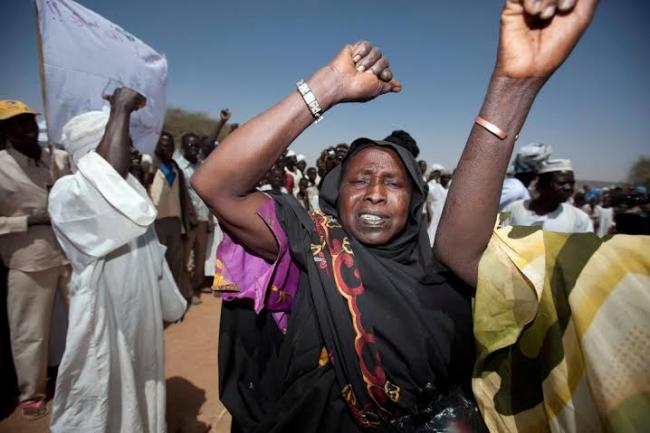20 Nov 2015

For the first time since 2011 and after months of planning, an inter-agency mission visited Fanga Suk in Central Darfur’s Northern Jebel Marra locality, according to the UN Office for the Coordination of Humanitarian Affairs (OCHA), and found that 7,875 displaced people and 10,000 people from the host community are in need of food, emergency shelter and household supplies, as well as water, health, education and protection services.
In this regard, the mission indicated that food, emergency shelter and household supplies will be soon provided to the displaced people in Fanga Suk.
Meanwhile, the UN Children’s Fund (UNICEF) is in contact with the Government to accelerate water and sanitation access in the area.
Noting that communities in West Darfur have difficulties to manage water facilities, the UN Food and Agriculture Organization (FAO) and UNICEF, along with partners, is beefing up trainings on veterinary services and water management, said the report.
With the mosquito-borne dengue fever being epidemic in 21 localities and causing about one third of the fatalities among the 392 cases in Darfur, the World Health Organization (WHO) has helped implementing about one third vector control activities by providing trainings to medical staff and activating additional surveillance sites, according to the report.
Turning to the Blue Nile state, despite the ongoing conflict, UNICEF is working with partners to offer child protection services to some 13,700 children, while confronting travel delay and insecurity challenges, according to the report.
Moreover, intensified fighting in South Sudan has led to a new influx refugees into Sudan. The United Nations refugee agency, in response, has boosted humanitarian assistance while addressing water and sanitation needs by funding to build 2,000 more latrines.
Photo: UNAMID/Albert González Farran